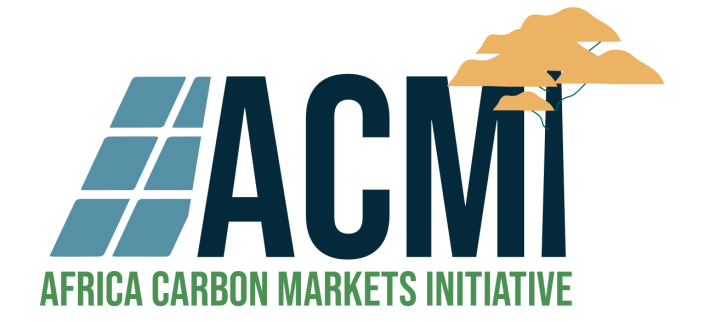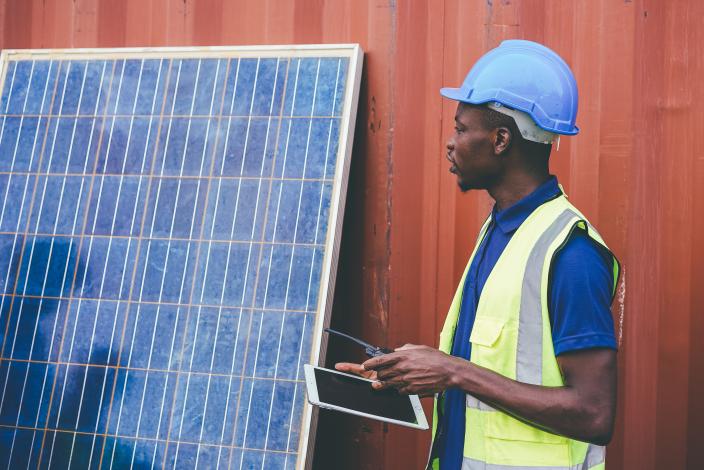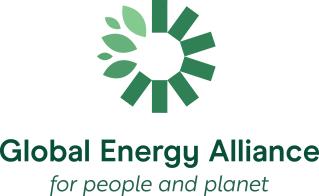Nigeria Energy Transition and Investment Plan
The Government of Nigeria officially launched the Nigeria Energy Transition Plan at COP26 in November 2021. To ensure the plan remained aligned with evolving realities and assumptions, a stakeholder consultation with public and private sector participants was held in October 2024 to review and refine the original plan. Insights from this process directly informed the development of the updated Nigeria Energy Transition and Investment Plan.
The plan signifies Nigeria’s commitment to tackle the dual crises of energy poverty and climate change and deliver SDG7 by 2030 and Net Zero by 2060, while also providing energy for development, industrialization, and economic growth. The plan details pathways for significant low-carbon development of energy systems across 5 key sectors: Power, Cooking, Transport, Industry, and Oil and Gas.
The Government of Nigeria and SEforALL developed the plan with support from Global Energy Alliance for People and Planet (GEAPP).
2.3
USD total capital investments up to 2060
2.8
CO2 emissions avoided under net-zero path during 2020-2060
840,000
total number of new jobs by 2050
100 m
people lifted out of poverty by 2060
Key findings:
- The updated ETP estimates that achieving Net Zero by 2060 would require a capital investment of approximately USD 500 billion above business-as-usual spending. However, this investment would result in fuel savings of USD 686 billion USD, demonstrating significant economic and environmental benefits.
- The updated Energy Transition Plan outlines the need for a total installed power capacity of 277 GW by 2060, emphasizing greater reliance on renewable energy and energy efficiency to drive the net-zero future compared to the initial plan in 2021. Significant investments are required in energy storage and emerging technologies, with battery energy storage systems needing 137 GW of capacity and hydrogen infrastructure requiring 36 GW.
- 72% of diesel decentralized generators are expected to be phased out by 2030. In the industrial sector, gas captive and embedded capacity is projected to reach 4.3 GW in 2030, and there is potential for exporting electricity in a net-zero power sector.
Supported by:
Recent News




